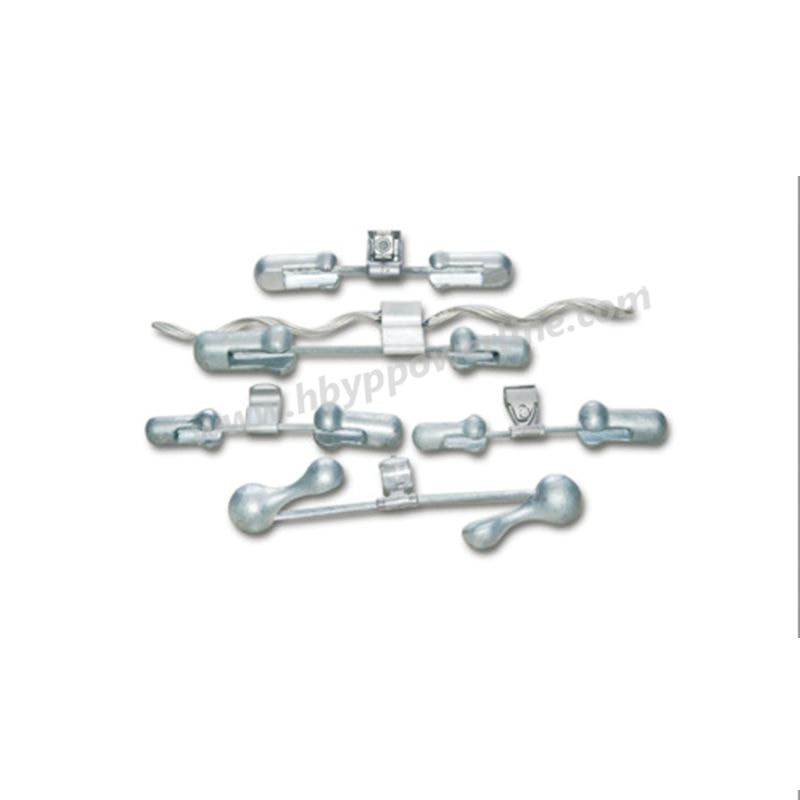How do I know if my damper is bad?
If your damper is bad, there are several signs you can look for
A faulty damper can cause a range of issues, from minor nuisances to major safety hazards. Here's how to identify if your damper needs to be repaired or replaced.
Signs of a Bad Damper
Temperature Changes - A properly functioning damper controls the flow of heat and air. If you notice a significant difference in temperature in different parts of your home, it could be a sign that the damper is not working properly.
Drafts - If you feel drafts in your home, especially when the furnace or air conditioner is not running, it could mean the damper is not closing properly.
Noise - A noisy damper is a sure sign that something is wrong. Listen for rattling, squeaking, or other unusual noises that could indicate a problem with the damper.
Furnace or Air Conditioner Malfunctions - If your furnace or air conditioner is not working properly, it could be due to a faulty damper. The damper controls the flow of air into the furnace or air conditioner, so if it's not working right, the furnace or air conditioner may not function properly.
Visual Clues - Sometimes, visual inspection can reveal a faulty damper. Look for any damage, such as cracks, rust, or warping. If the damper is not in good condition, it could be a sign that it needs to be repaired or replaced.
The Impact of a Bad Damper
A faulty damper can have a significant impact on your home's comfort and efficiency. It can lead to temperature fluctuations, drafts, and noise, making your home uncomfortable to live in. In addition, a bad damper can cause your furnace or air conditioner to malfunction, leading to higher energy bills and potential safety hazards.
If you notice any of these signs, it's important to have your damper inspected by a professional. A trained technician can identify the problem and recommend the appropriate repair or replacement.
Remember, your home's HVAC system is a crucial component of its overall comfort and efficiency. Regular maintenance and inspection are key to ensuring its proper function and longevity. By investing in regular maintenance and prompt repairs, you can keep your home comfortable and safe while saving money on energy bills.



